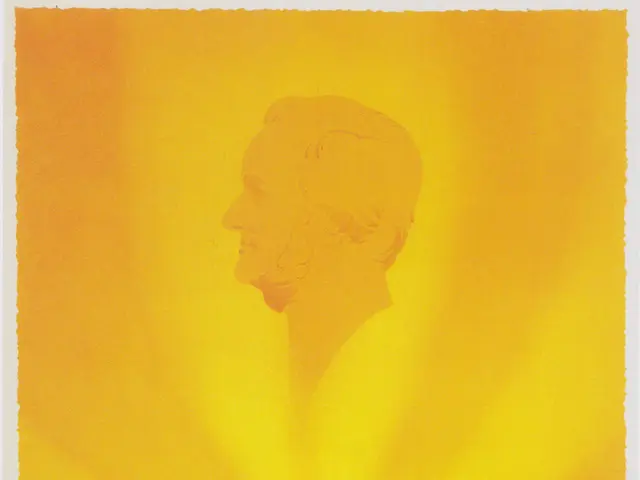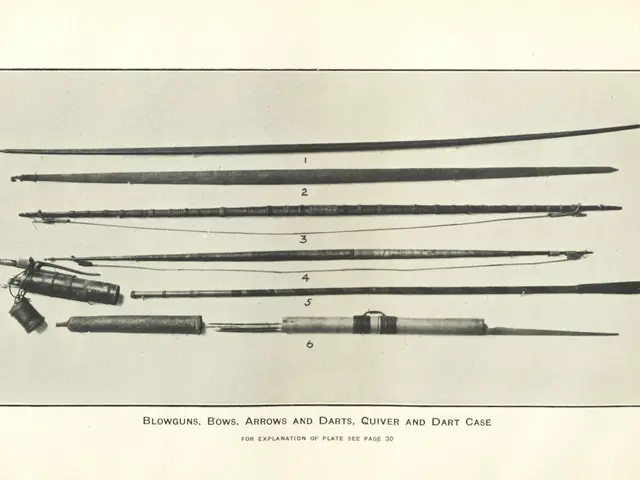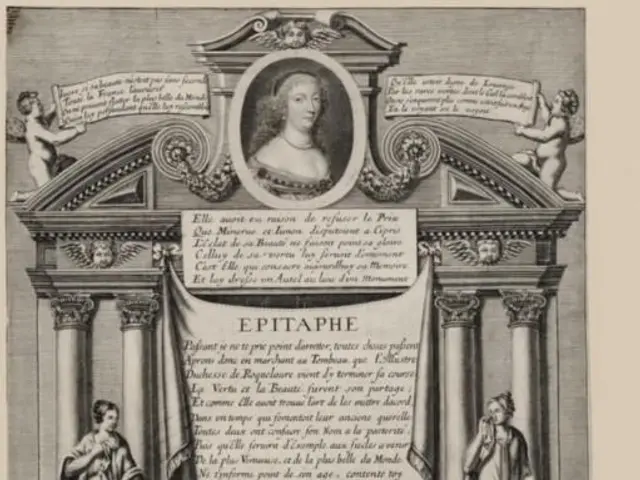Berlin Commemorates Sex Researcher Magnus Hirschfeld: Honoring Pioneer in Sexual Science and LGBTQ+ Rights - Berlin echoes with the legacy of sexologist Hirschfeld
Embrace the current, let's dive in!
Get ready to hop off the bus at the House of World Cultures in Berlin's Tiergarten - for the next six weeks, this bus stop has been transformed into a heartfelt tribute, the "Memorial Bus Stop Magnus Hirschfeld." This temporary memorial site is a nod to the groundbreaking sexual scientist Magnus Hirschfeld (1868-1935).
Hirschfeld, a pioneer in the queer rights movement, is remembered for his courageous stance against discrimination and his relentless pursuit of knowledge in the realm of human sexuality. In 1897, he established the Scientific-Humanitarian Committee, which campaigned aggressively against the cultural stigma against homosexuality.
The Nazis, unfortunately, would later destroy Hirschfeld's Institute for Sexual Research, a center of sexual science and LGBTQ+ advocacy, in 1933. Hirschfeld, himself homosexual, sought refuge in France before the Nazis and passed away on May 14, 1935, in Nice.
Berlin's Queer History Unfurls
The Senate Administration highlights Hirschfeld's life and work, along with that of his companions, by hosting a memorial event. For instance, a new queer-historical city map, "Magnus Hirschfeld - Stars of Queer Berlin," and an audio walk throughout Hirschfeld's Berlin are planned. This year, the festivities kick off with a grand event at the French Embassy titled "Magnus Hirschfeld - Stars of Queer Berlin."
Magnus Hirschfeld: A Bold Figure in Queer History
Born in Kolobrzeg, Poland, on May 14, 1868 (then known as Kolberg, Prussia), Hirschfeld went on to make significant contributions to the understanding of human sexuality and the queer rights movement.
- Theoretical Framework: Hirschfeld posited that sexual orientation is innate and not a choice, advocating for a continuum of sexual orientation.
- Institute for Sexual Science: Hirschfeld's institute, established in 1919, provided sex education, contraception services, and championed for LGBTQ+ rights, making it the world's first sexology research center.
- Transgender Healthcare Milestones: The institute also facilitated the world's first gender-affirming surgeries, marking a key moment in transgender healthcare.
- Military Service: Hirschfeld advocated for the open service of LGBTQ+ individuals in the military during World War I.
- Queer Berlin: Hirschfeld's work played a crucial role in transforming Berlin into a queer cultural hub during the Weimar Republic era.
- Legacy: Despite persecution from the Nazis, Hirschfeld's legacy continues to resonate in modern queer rights movements.
Join the journey and pay tribute to this remarkable figure who paved the way for acceptance and understanding in a world brimming with intolerance and prejudice. #QueerHistoryMatters
Delve into the fascinating world of Magnus Hirschfeld by following the Berlin queer-historical city map, "Magnus Hirschfeld - Stars of Queer Berlin." This innovative tool allows you to trace Hirschfeld's life and influence in Berlin, shedding light on his significant contributions.
Embark on an audio walk guided by the life story of this pioneering figure, starting at the transformed Memorial Bus Stop Magnus Hirschfeld. This immersive experience takes you through Hirschfeld's Berlin, revealing his profound impact on the city's queer culture.
Remember Hirschfeld's unwavering commitment to LGBTQ+ rights and sexual science as a shining example in the battle against discrimination. Celebrate his accomplishments by attending the grand event at the French Embassy titled "Magnus Hirschfeld - Stars of Queer Berlin."
Connect with his legacy and explore themes such as fashion-and-beauty, books, social-media, entertainment, celebrities, pop-culture, sci-fi-and-fantasy, lifestyle, and community policy – all areas where Hirschfeld's influence is still felt today. #QueerHistoryMatters








